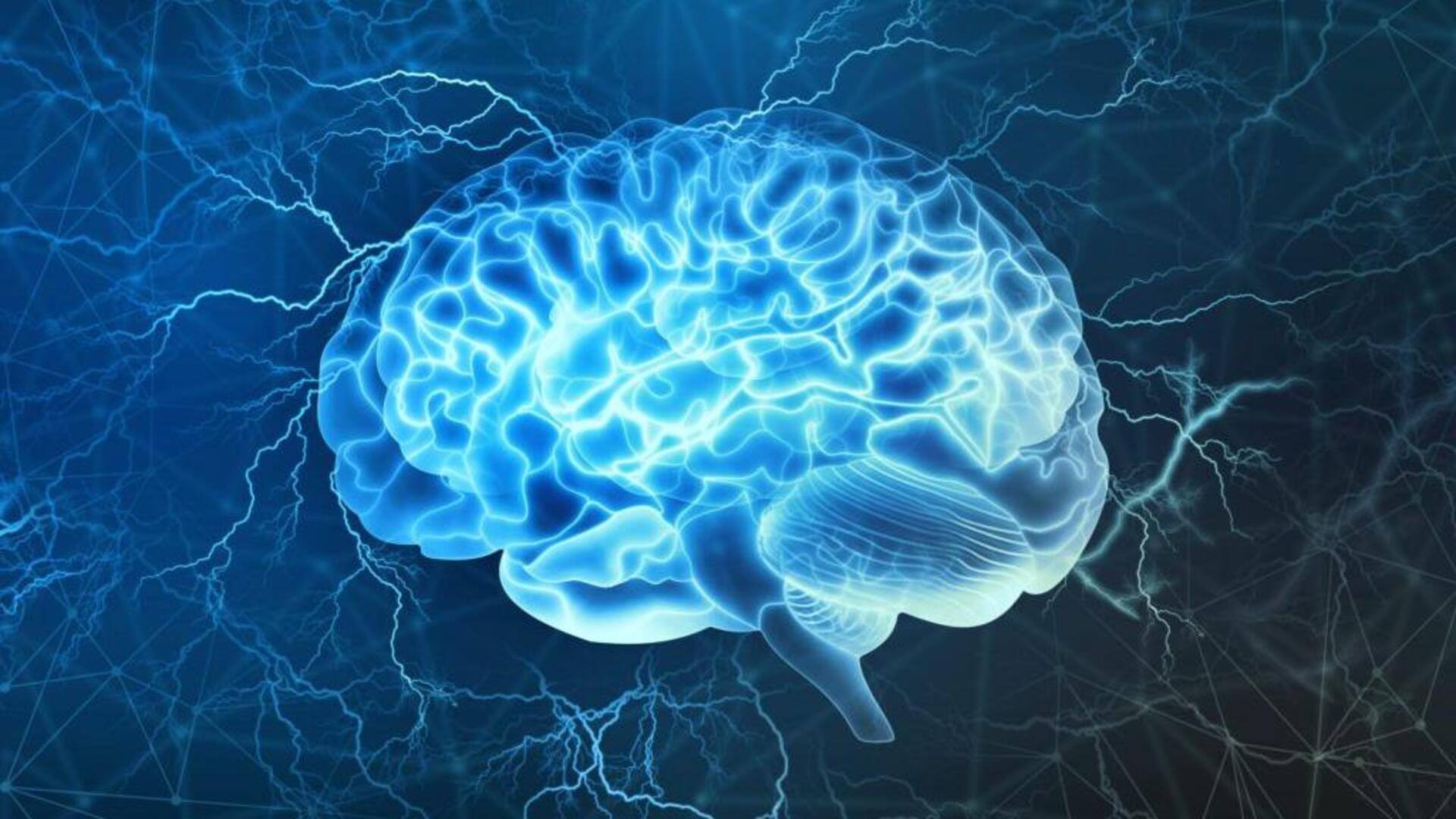**‘Mileage Clock’ in Brain Could Help Diagnose Alzheimer’s**
*By Akash Pandey | Sep 19, 2025, 05:35 PM*
Scientists have identified a fascinating ‘mileage clock’ mechanism in the brains of rats, suggesting that a similar system may exist in humans. This groundbreaking discovery, recently published in *Current Biology*, has the potential to aid in the early diagnosis of Alzheimer’s disease.
The research reveals that certain cells in the brain’s navigation and memory centers fire regularly to track the distance an animal has traveled. This was uncovered by observing rats navigating a small arena while their brain activity was recorded during various tasks.
### How the Mileage Clock Works
The study showed that specific brain cells in rats fired in a rhythmic pattern resembling a mileage clock, ticking every few steps taken. When the shape of the arena was altered, the firing pattern became irregular, and the rats struggled to estimate the distance they had traveled. This phenomenon mirrors human experiences when visual landmarks disappear, such as trying to navigate in foggy conditions.
### Confirming the Mileage Clock in Humans
To verify if humans possess a similar mechanism, researchers conducted parallel experiments with human volunteers. Participants were asked to walk a set distance inside a rectangular arena and then return to the starting point. The volunteers accurately estimated distances when the arena was symmetrical but made significant errors when the shape of the space was modified by moving the walls.
### Potential Application: Early Alzheimer’s Diagnosis
The cells involved in this mileage clock are located in brain regions among the first affected by Alzheimer’s disease. This opens up exciting possibilities for developing diagnostic tools. “People have already created games that you can play on your phone to test navigation,” said Professor James Ainge from the University of St Andrews. “We’d be really interested in trying something similar, but specifically looking at distance estimation.”
Such diagnostic games could become valuable, accessible tools to help identify Alzheimer’s at an early stage by testing patients’ ability to estimate distances and navigate spaces.
—
*This discovery not only advances our understanding of how the brain tracks movement and distance but also paves the way for innovative approaches to diagnosing debilitating memory disorders.*
https://www.newsbytesapp.com/news/science/scientists-discover-mileage-clock-in-rat-brains-offering-alzheimer-s-insights/story


